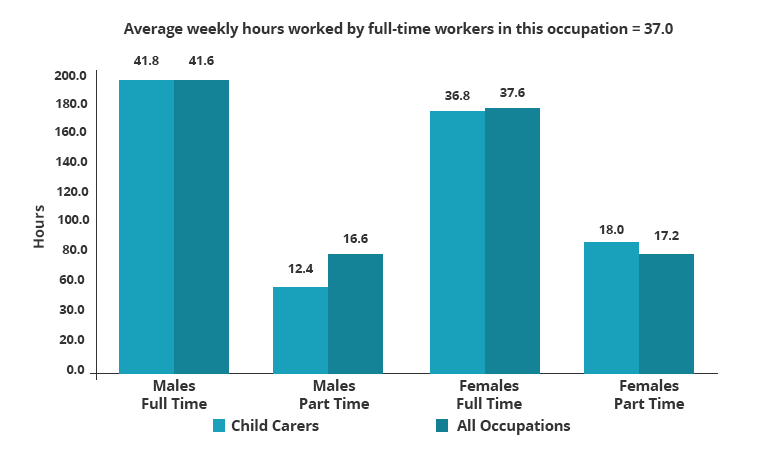Being an international student in Australia means that you can rely on receiving world-class education, as Australia continues to be one of the top destinations for students from all over the globe. Many graduates express their wonderful experience that they had during their stay and some have in fact chose to settle here or are still regularly visiting Australia for business or leisure.
Australia is home to many colleges that offer a 360-degree approach to education and student accommodation. Each has its own international student program and we recommend that you carefully check the options set by your preferred school. Here is some advice on how to make the most of your stay as an international student in Australia.
Maximise College Services
Your college is one of the primary sources of information and help with regards to your list of questions and concerns. The college’s international student program is continually being monitored by the Australian Skills Quality Authority (ASQA), so you can be sure that what your college offers is at par with national standards.
Some of the most common services for international student are:
- Detailed orientation programs
- Career counselling and employment opportunities
- English language assistance
- Australian culture immersion
- Overseas student health cover (OSHC)
- Vocational placement opportunities
- Scholarships and flexible payment options
- Student support

Get Acquainted with the Local Slang
By choosing to study in Australia and enrolling at a college of your choice will mean that you have passed an English language test. This shows that you are able to communicate in English either as your native or second language. Yet you will come across different phrases that local Australian’s will use and this can cause confusion. There are a lot of Aussie slang dictionaries that can be available at libraries and bookstores, as well as online resources that you can refer to. Take note of the terms that you hear or read and then find time to learn what they mean. Also, don’t hesitate to mingle and chat with local Australians, as this will help you catch new words and will also provide you an opportunity to use those newfound phrases.
To get you familiar with the basic Aussie slang, here are some examples of what the actually mean:
- Arvo – Afternoon
- G’Day – Hello
- Stoked – Excited
- No worries – Not a problem
- Too Right – Correct / I agree
- Barbie – Barbeque
Meet New People and Widen Your Network
Socialising is one of the best ways to make yourself feel at home when living in a different country. Australians are generally known to be cheerful people and our mateship culture truly lives in almost every local that you will meet. You will not have to worry about being a foreigner in this country, as it embraces diversity wholeheartedly at either school or the local community where you place to live.
Prioritise Your Studies
Don’t lose sight of your education goals. Stay on top of the requirements of your class by being proactive, independent, and responsible. College life is training grounds for your future career so give your best efforts to attain good grades and to finish your course.

Enjoy Your City
Australia has a few world-class cities, such as Sydney, Melbourne and Brisbane that are recognised all over the world. In these cities you will find numerous places to visit explore, and sightsee. Check out local tourist spots, cafes and restaurants, leisure parks, or sports and recreational centres. Immerse yourself in the various activities that are being held locally. During long holidays or long weekends, you can even travel on to different cities or state to explore and experience their lifestyle.
Seek Help and Advice
Sometimes, adapting to a new country and its culture can take its toll on your studies, health, and personal life. The change can be quite overwhelming and it could affect you in different ways, so identify the signs early on and know when it is time to seek help and advice.
If there is any incident, person, or matter that is bothering you, approach your college student support services, your trainer or a trusted friend. You may even need to reach out to your family back home. Just remember that the best way to find a solution to your worries is dealing with them at the beginning. Don’t wait for them to become full-blown problems that you won’t be able to control.
Be Positive
As an international student, you are expected to be independent, able to embrace challenges, loves learning something new each day, and has a positive attitude. Never worry about being different as there are a lot of foreign students who have made it and who have led successful careers after finishing their studies in Australia.

Considering taking the next step to Studying in Australia? Feel free to contact our International Team at info@queensford.edu.au or give us a call on +61 7 3221 1626 for more information.





















